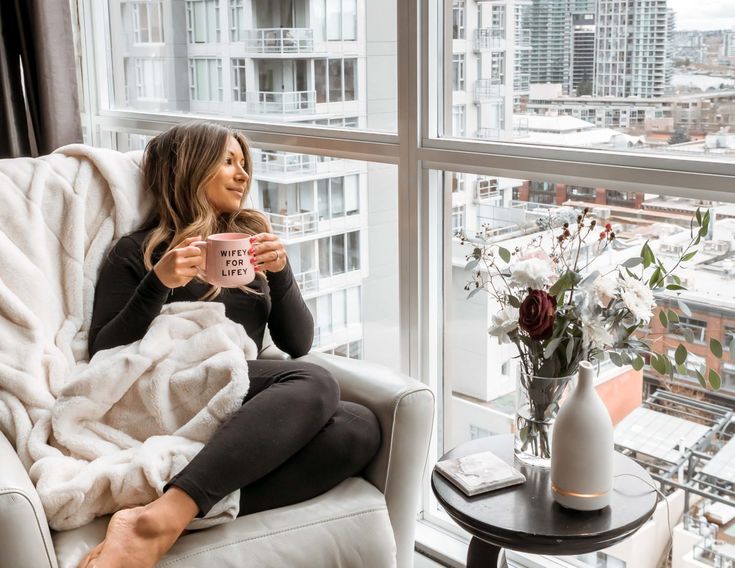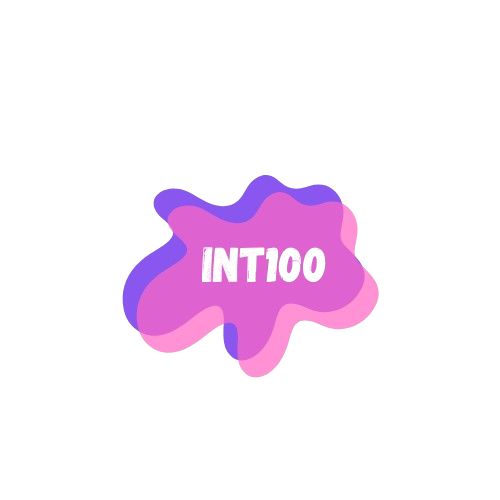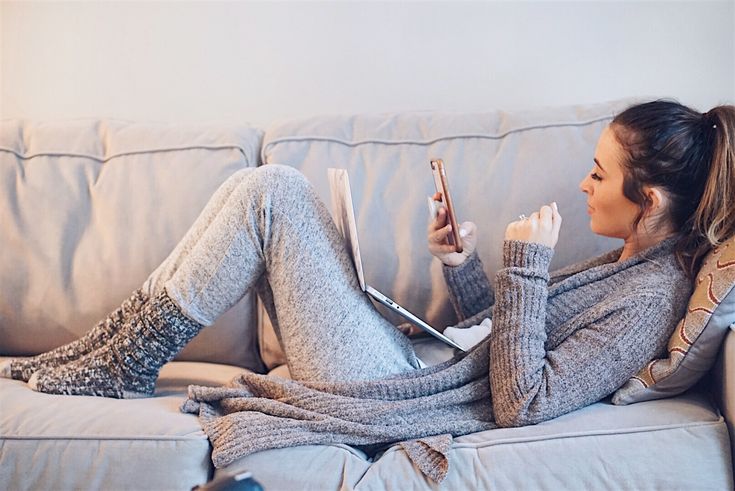In today’s fast-paced world, we often find ourselves overwhelmed by the constant influx of possessions, tasks, and distractions. Our homes, filled with clutter, can become a source of stress, and our minds, burdened with endless thoughts and to-do lists, can feel chaotic. This is where minimalist living comes into play. Minimalism is not just about reducing the number of things you own; it’s about embracing a lifestyle that values simplicity, intentionality, and mindfulness. In this blog, we will explore the concept of minimalist living, its benefits, and how you can declutter both your home and your mind to lead a more focused, peaceful, and fulfilling life.
What is Minimalist Living?
Minimalist living is the practice of intentionally living with less—focusing on the things that truly add value to your life and eliminating distractions. While minimalism is often associated with reducing material possessions, it is more than just decluttering your home. It is about cultivating a mindset of simplicity, where you prioritize the things that matter most, such as relationships, experiences, and personal growth, over material possessions.

The goal of minimalist living is not to live with as few items as possible, but rather to intentionally curate your environment, your routines, and your relationships. By embracing minimalism, you create space—both physically and mentally—for the things that truly enhance your life.
The Benefits of Minimalist Living
Minimalist living offers numerous benefits, both for your physical environment and your mental well-being. Here are some of the key advantages:
1. Reduced Stress and Anxiety
Clutter has been shown to contribute to feelings of stress and anxiety. When your home is filled with items that are disorganized or no longer serve a purpose, it can create a sense of overwhelm. The act of decluttering and simplifying your space can have a profound impact on your mental state, helping you feel more relaxed and in control. A minimalist home provides a calming environment that promotes peace of mind and reduces the mental clutter that often accompanies excess stuff.
2. Improved Focus and Productivity
Minimalism encourages you to focus on what truly matters. By eliminating distractions and unnecessary possessions, you create more space for what’s important—whether it’s your work, hobbies, or personal relationships. A clutter-free environment enhances focus, making it easier to concentrate on tasks and be more productive. Minimalist living can help you prioritize your time and energy, leading to a greater sense of accomplishment and satisfaction.
3. More Time and Energy
When you live a minimalist lifestyle, you spend less time managing, cleaning, and organizing possessions. Without the constant need to buy, maintain, and store things, you free up time and energy that can be spent on activities that bring you joy and fulfillment. This time can be dedicated to pursuing your passions, spending quality time with loved ones, or simply enjoying moments of relaxation.
4. Financial Freedom
Minimalism can also lead to financial freedom. By prioritizing experiences over material possessions, you reduce the temptation to engage in unnecessary spending. Minimalist living encourages mindful purchasing, where you carefully consider the value of each item before bringing it into your home. This shift in mindset can help you save money, reduce debt, and create a more sustainable financial future.
5. Environmental Impact
In a world where overconsumption contributes to environmental degradation, minimalist living offers a more sustainable approach. By purchasing fewer items and focusing on quality over quantity, you reduce waste and lessen your environmental footprint. Minimalism encourages you to buy only what you need and choose items that are durable, sustainable, and ethically produced, which benefits both you and the planet.
The Core Principles of Minimalist Living
To embrace minimalist living, it’s important to understand the core principles that guide this lifestyle. These principles can help you create a more intentional and fulfilling life:
1. Intentionality
At the heart of minimalist living is intentionality. Minimalism encourages you to make conscious decisions about what you allow into your life. This includes not only your possessions but also how you spend your time, who you spend your time with, and how you engage with your surroundings. Being intentional means prioritizing what adds value to your life and letting go of what doesn’t.
2. Simplicity
Minimalism is all about simplicity. By removing unnecessary distractions, you create space for the things that truly matter. Simplicity doesn’t mean living in an empty, bare space, but rather creating a harmonious environment that fosters peace, clarity, and focus. Embracing simplicity in all aspects of life—from your home to your daily routines—can help reduce overwhelm and create a sense of calm.
3. Quality Over Quantity
In a minimalist lifestyle, quality always trumps quantity. Rather than accumulating more things, minimalism encourages you to invest in fewer, higher-quality items that will last longer and serve a purpose. This principle extends to your relationships, your work, and your experiences. By focusing on quality, you create a more meaningful and fulfilling life.
4. Mindfulness
Minimalist living is rooted in mindfulness. By being present in the moment and conscious of your choices, you create a deeper connection with yourself and your surroundings. This mindfulness extends to how you manage your possessions, time, and energy. Through mindfulness, you develop a greater awareness of what truly serves you and learn to let go of what doesn’t.
5. Decluttering
Decluttering is a key aspect of minimalist living. It involves intentionally removing possessions that no longer serve a purpose or bring joy. This process helps create a more organized, functional living space and allows you to focus on what truly matters. Decluttering is not just about getting rid of physical items but also about decluttering your mind—eliminating negative thoughts, habits, and distractions that hold you back.
How to Embrace Minimalist Living
If you’re ready to embrace minimalist living, here are some practical steps you can take to begin your journey:
1. Start With Your Home
The first step in adopting a minimalist lifestyle is decluttering your living space. Begin by going through each room and assessing what you truly need and use. Ask yourself whether each item adds value to your life or whether it’s just taking up space. If an item no longer serves a purpose, consider donating, selling, or recycling it. The goal is to create a space that is functional, organized, and free from excess.
2. Simplify Your Wardrobe
One area where many people accumulate unnecessary items is in their wardrobes. A minimalist wardrobe focuses on versatile, high-quality pieces that can be mixed and matched. By reducing the number of clothes you own, you make it easier to get dressed, save time, and feel more organized. Focus on building a capsule wardrobe that reflects your personal style while keeping things simple.
3. Reduce Digital Clutter
Minimalism isn’t just about physical possessions—it’s also about digital clutter. Take the time to declutter your digital life by organizing your files, unsubscribing from unnecessary email lists, and deleting apps or accounts that no longer serve you. Reducing digital clutter can help you feel more focused and less distracted by technology.
4. Be Mindful of New Purchases
One of the core principles of minimalist living is being intentional about what you bring into your life. Before purchasing something new, ask yourself if it aligns with your values and whether it will add long-term value to your life. By being more mindful of your purchases, you can reduce clutter and make space for the things that truly matter.
5. Create Simple, Meaningful Routines
Minimalist living also extends to your daily routines. Instead of packing your schedule with endless tasks and obligations, simplify your routine by focusing on what’s most important. Create a daily schedule that allows time for self-care, relaxation, and meaningful activities. By simplifying your routine, you reduce stress and create space for personal growth.
6. Let Go of Perfectionism
Minimalism is not about achieving perfection—it’s about embracing simplicity and intentionality. Let go of the need to have everything perfectly organized or perfectly curated. The goal is to create a life that feels aligned with your values, not one that meets external expectations. Allow yourself the freedom to embrace imperfection and focus on what truly brings you joy.
The Mind-Body Connection in Minimalist Living
Living a minimalist lifestyle is not just about decluttering your physical space—it’s also about decluttering your mind. When you simplify your environment, you create a mental space for relaxation, creativity, and mindfulness. A cluttered home can lead to a cluttered mind, while a minimalist space promotes mental clarity and focus instead go for staycation sometimes. By reducing distractions and simplifying your life, you create the mental space to focus on what truly matters—your goals, relationships, and personal well-being.
Minimalist Living as a Path to Fulfillment
Ultimately, minimalist living is about creating a life that is focused on fulfillment rather than consumption. By letting go of excess, you make room for the things that truly bring meaning and purpose to your life. Minimalism allows you to prioritize what is most important, whether it’s your health, relationships, or passions. It is a path to living a more intentional, peaceful, and joyful life.
Conclusion
Minimalist living is not about depriving yourself—it’s about making intentional choices that create space for what truly matters. By decluttering your home, simplifying your routines, and focusing on quality over quantity, you can reduce stress, improve focus, and create a life that is more fulfilling and meaningful. Whether you’re just starting your minimalist journey or have already embraced a simpler lifestyle, remember that the goal is to create a life that aligns with your values and brings you peace of mind. In the end, minimalist living is about finding freedom in simplicity and creating a life that is truly your own.


Leave a Reply to Staycation: Unlocking the Hidden Benefits of Vacationing at Home Cancel reply